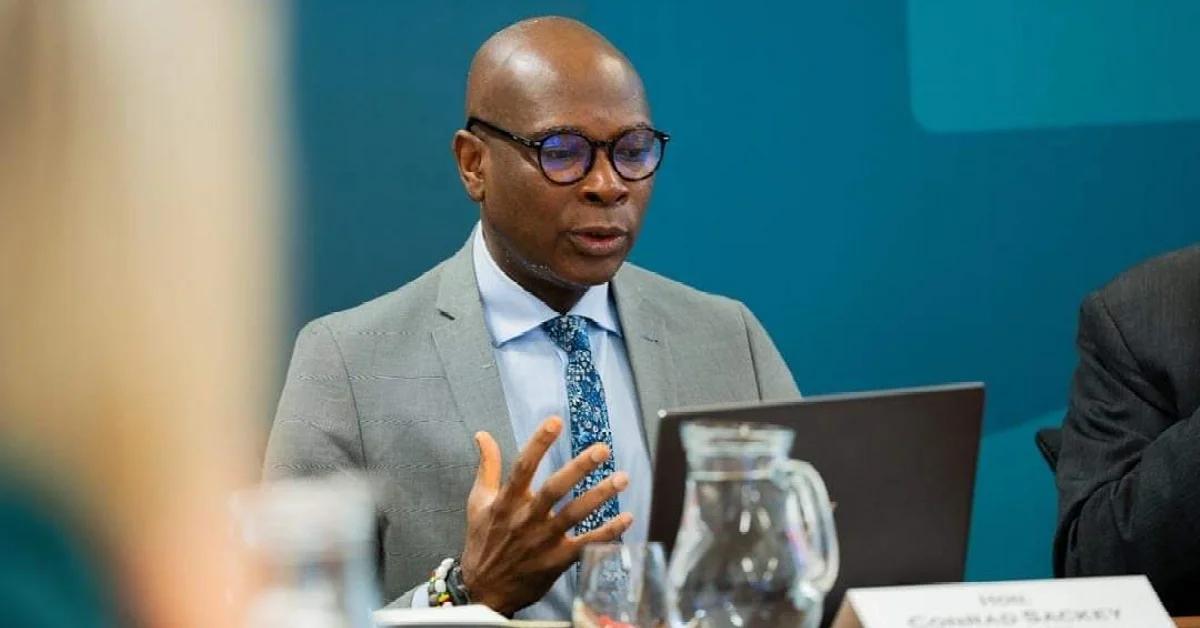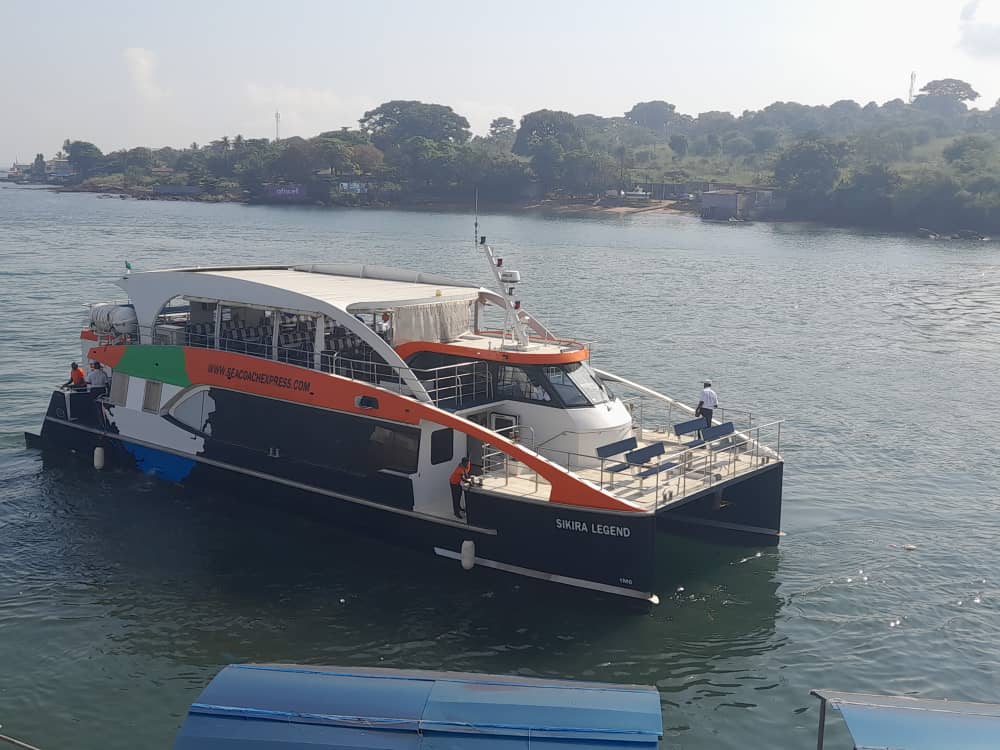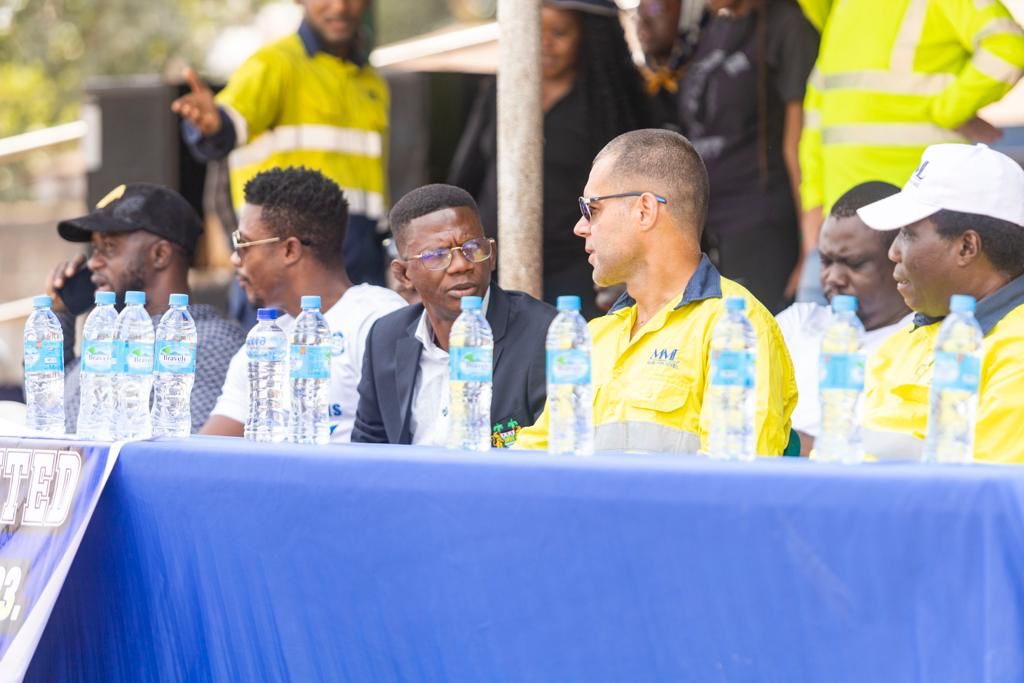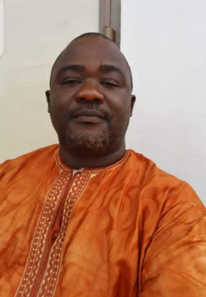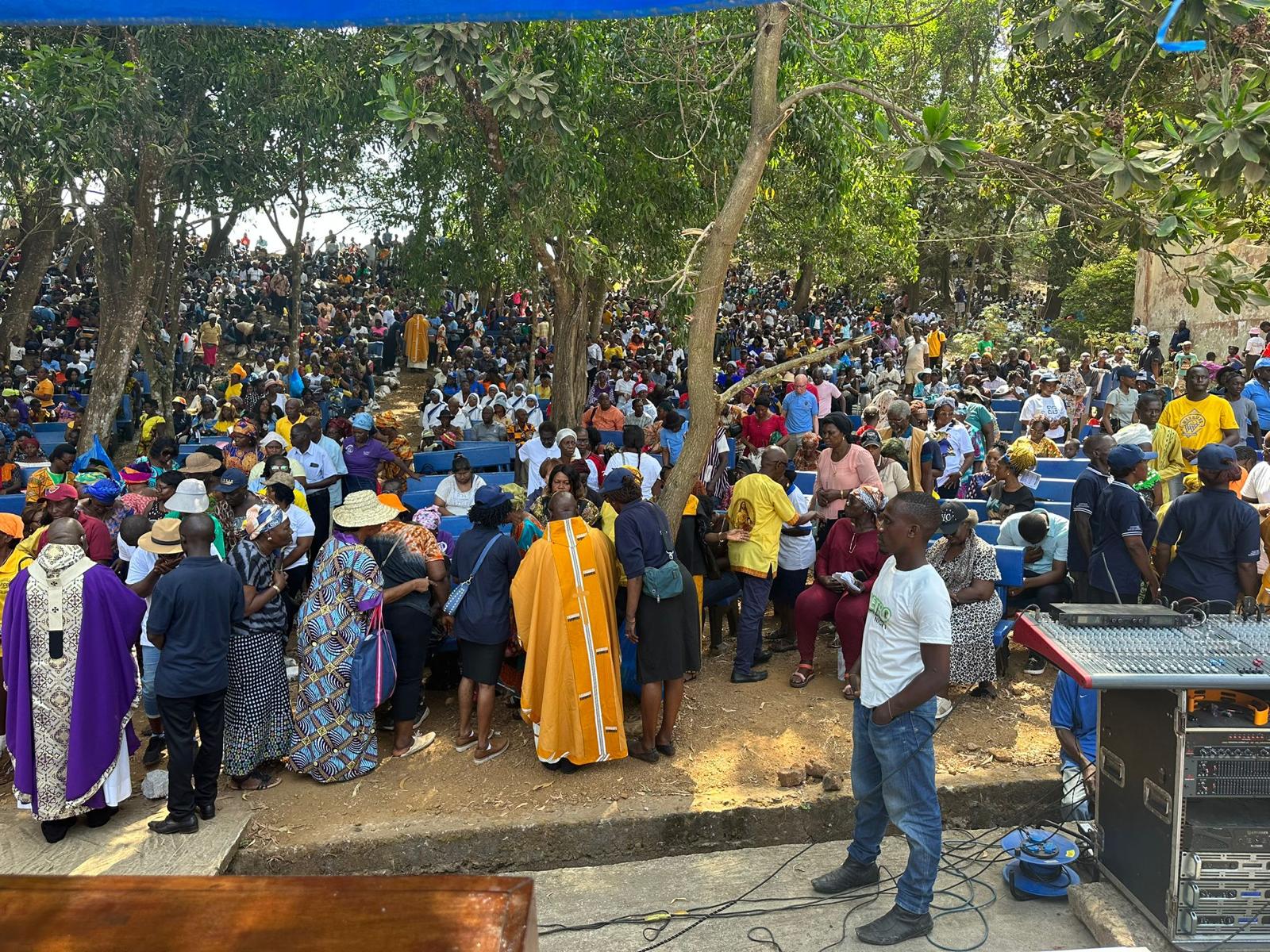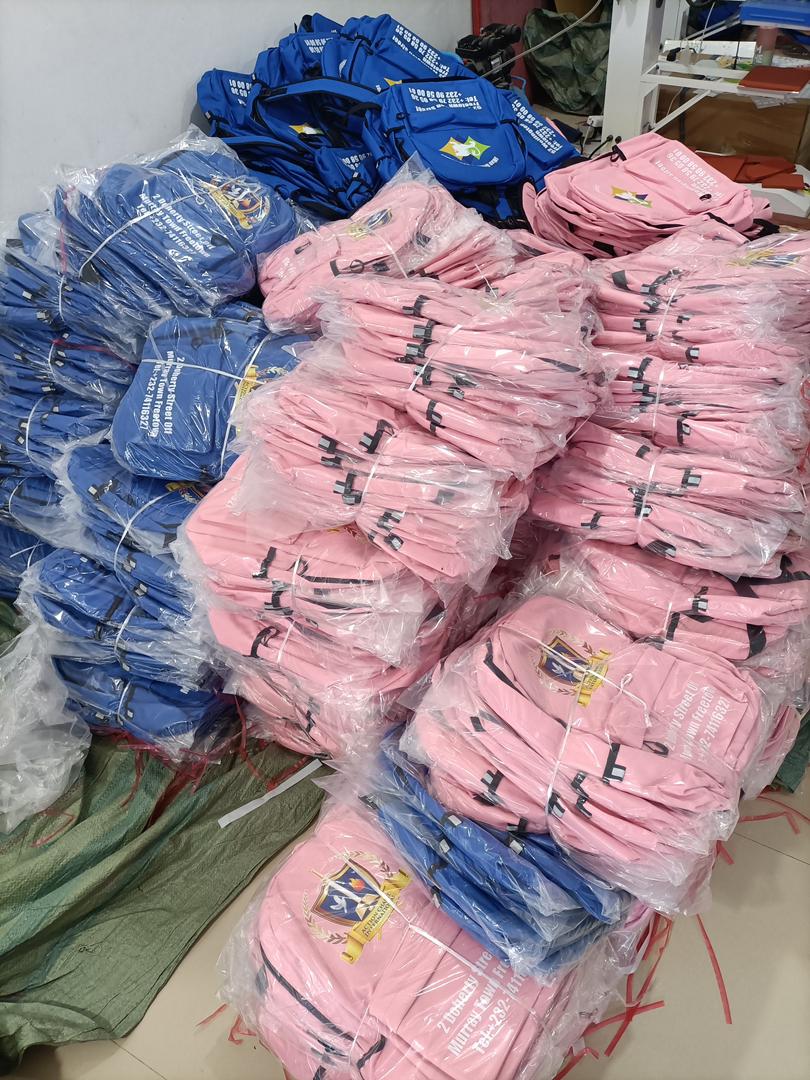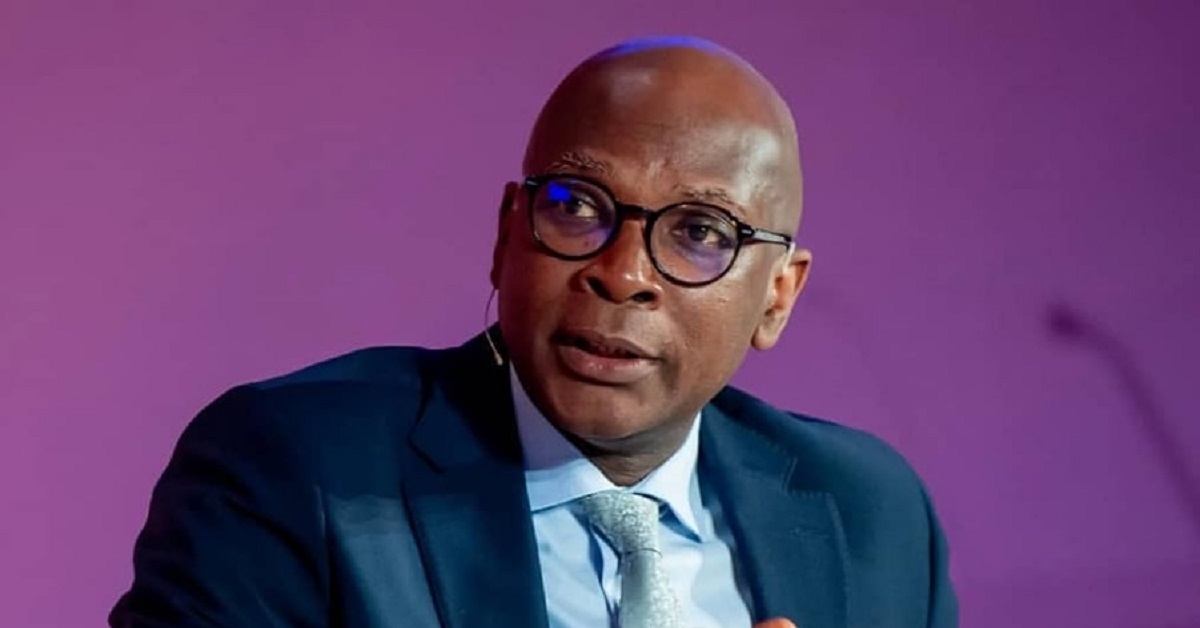
In the realm of education, transparency and integrity are paramount to ensuring that resources are allocated efficiently and effectively. When mismanagement and corruption compromise the procurement process, it is not only the present generation that suffers but also the future of our nation. In Sierra Leone, recent revelations regarding the bidding process for solar-powered tablets meant to benefit 6,061 schools have raised serious concerns about accountability and governance within the Ministry of Basic and Senior School Education.
The so-called media handler's attempt to defend ministry officials involved in the procurement process by shedding light on the testing of samples submitted by recommended bidders fails to address the underlying issues at play. Despite claims of following due process, the prolonged timeline of over three years and two cancellations of the project signal a troubling lack of efficiency and accountability. Meanwhile, the intended beneficiaries - millions of school-going children - continue to wait anxiously for the educational tools promised to them.
At the heart of this controversy are Mohamed Kallon, the Procurement Specialist, and Ambrose Sesay, the Project Coordinator - individuals entrusted with overseeing the funds provided by the World Bank. Their alleged misconduct, including possible collusion in awarding contracts and presenting false information to secure approvals, threatens the very foundation of educational development in Sierra Leone. The brazen disregard for established procedures and the misuse of public resources must be met with swift and decisive action.
One cannot ignore the detrimental impact of ghost teachers on the country's finances, with significant losses incurred monthly due to fraudulent claims. Initiatives such as the OTPS application developed by Charlie Goldsmith Associates aim to address this issue, but the apparent focus on personal gain by Kallon and Sesay jeopardizes its success. The diversion of resources away from genuine educational advancements to line the pockets of a select few is a betrayal of the trust placed in these officials.
Ambrose Sesay's alleged dubious attempts to implicate the Minister of Communication and Technology in the procurement scandal further underscore the urgent need for a comprehensive investigation into the mismanagement of funds. The press, as a watchdog for public interest, calls for accountability and transparency in all levels of government operations. It is imperative that swift action be taken to rectify the systemic failures that have allowed corruption to fester within the education sector.
The time for change is now. We must demand accountability from those entrusted with safeguarding the future of our children. The World Bank's funds were intended to uplift the educational opportunities of Sierra Leone's youth, not to serve as a means for personal enrichment. As concerned citizens and stakeholders in the education sector, we must unite in our call for transparency, integrity, and ethical governance.
Let us not allow the missteps of a few to tarnish the aspirations of a nation striving for progress and prosperity. The path to a brighter future for Sierra Leone's children lies in upholding the values of honesty, responsibility, and commitment to excellence in education procurement. Together, we can ensure that every child has the opportunity to learn, grow, and succeed without being hindered by the shadows of corruption and mismanagement. It is time to act decisively and reclaim the promise of a better tomorrow for all.



